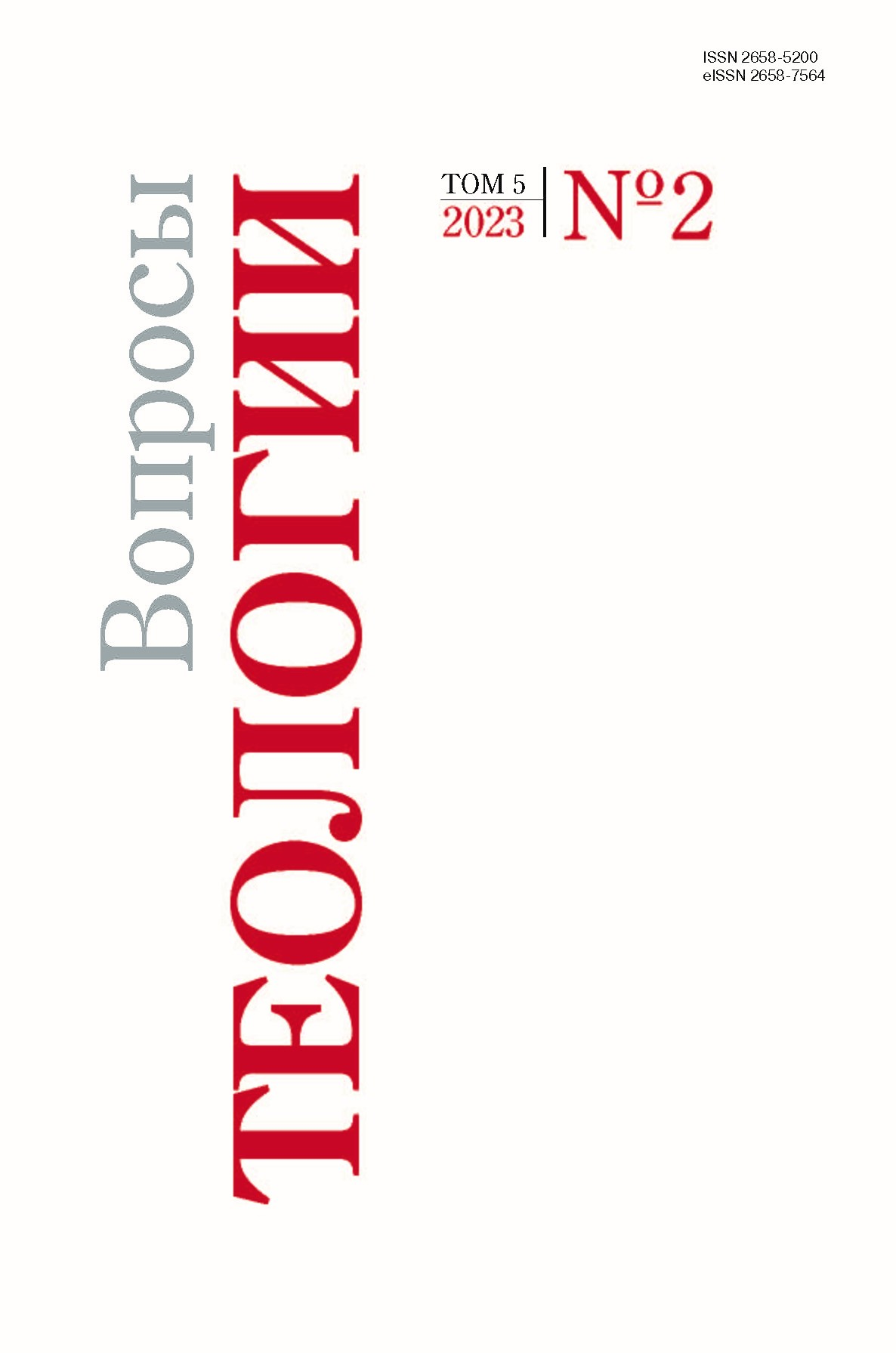Natural theology in the legacy of St. Innocent (Borisov)
DOI:
https://doi.org/10.21638/spbu28.2023.206Abstract
The article is devoted to analyzing St. Innocent Borisov’s natural theology heritage — the teachings on the proofs for the existence of God and on divine attributes, which are presented, respectively, in his fundamental and dogmatic theologies. The analysis is preceded by a brief history of the formation of Russian fundamental theology, within which two main directions of its development have been revealed for the first time: as natural theology at the Moscow Theological Academy and as general theology at the St. Petersburg and Kiev Theological Academies. The problems of localizing the doctrine on divine attributes in the structure of Russian theology are highlighted. In addition to a detailed presentation of the content of the above mentioned St. Innocent’s doctrines, their characteristics are given, the advantages and disadvantages of the scholar’s natural theology are revealed, and the degree of the impact of Western theological systems on his natural theology is determined. On the whole, St. Innocent’s rational theology heritage is characterized as one of the first domestic experiences of independent research work in this area of theological knowledge. It is concluded that St. Innocent Borisov may rightfully be considered one of the founders of the new academic theology of the Synodal period, who laid solid foundations for the further formation and development of identical Russian theology as such.
Keywords:
St. Innocent Borisov, fundamental theology, general theology, theological sciences, introduction to the circle of theological sciences, natural theology, proofs for the existence of God, divine attributes
Downloads
References
References
Downloads
Published
Issue
Section
License
Articles of "Issues of Theology" are open access distributed under the terms of the License Agreement with Saint Petersburg State University, which permits to the authors unrestricted distribution and self-archiving free of charge.




